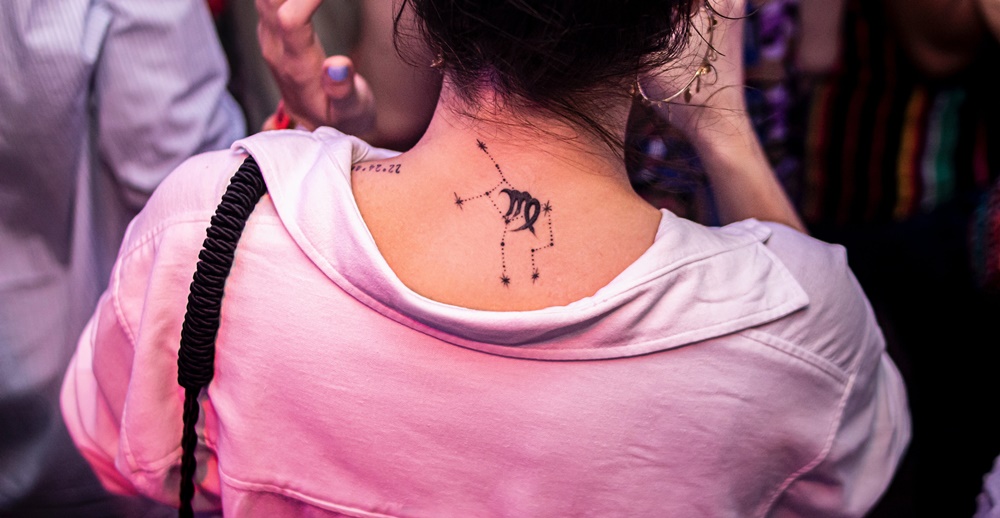Myths associated with Virgo, Virgo in Mythology
The myth of Virgo(the Virgin) is the myth of Demeter-Ceres, the mother goddess of Earth, of fertility, of the mysteries of life, harvest, and wheat. According to Greek mythology, the cultivation and harvest of wheat were attributed to Demeter who then gave them to men. Wheat, as grain, flour, or bread is strongly symbolic and represents the magical or divine cycle found in numerous worldwide beliefs, cosmogenies, and mythologies.
Wheat and bread have always been regarded as basic food, man’s essential nourishment. The fact that wheat can be transformed into bread through man’s hand, leads us to another parallel concerned with the spiritual transformation to which man is destined, in order to become the equal of gods or God himself. Also, You can check detailed information about Virgo’s personality traits on this page – Personality.

Here is another Virgo myth. We are referring here to the Christian myth of Jesus’ mother, the Virgin Mary. Her qualities are, in many ways, close to the attributes of the sixth sign of the zodiac. Let us not forget that it was in Bethlehem(the house of bread) that the Virgin Mary took refuge and gave birth to Jesus.
The search for identity which drives the individual to differentiate himself from others, to become a person in his own right, is the same quest astrologers have always attributed to the sign of Virgo. Thus, the Christian myth of the Virgin Mary is not so much that of the miraculous virginity of a pregnant woman, but more that of the origin, the place of birth of a divine being or a man-gold, whose identity rose to the highest level.
Those were myths associated with Virgo.
If you are interested in Virgo compatibility, then you can check the information on this page – Compatibility. We collected on this page all possible compatibilities of this sign.
